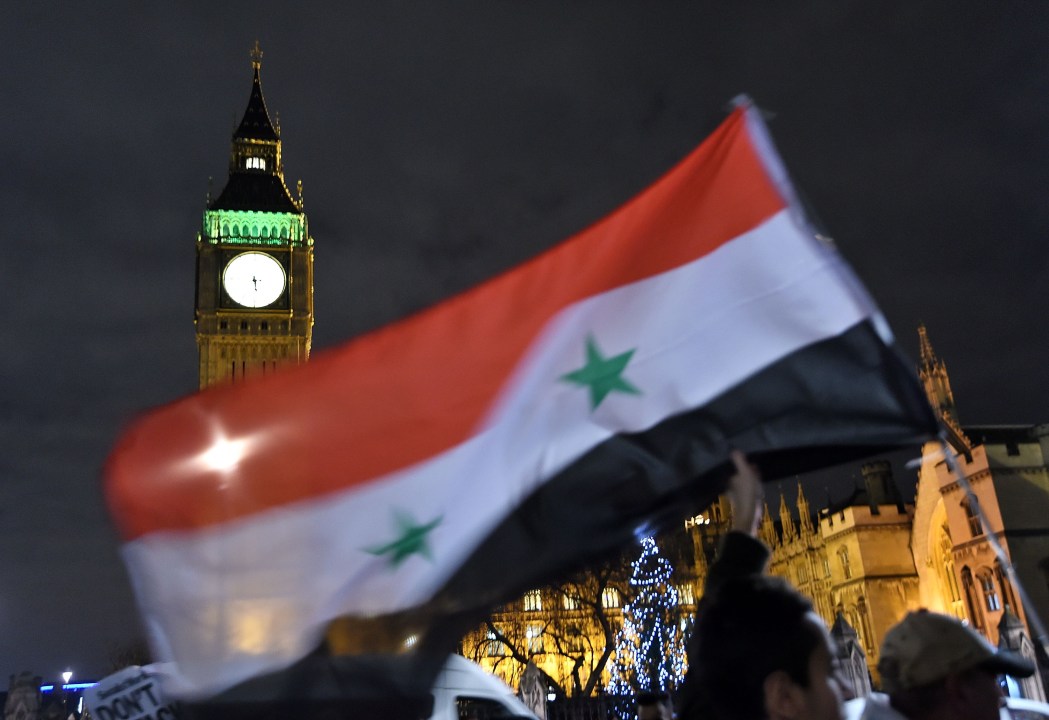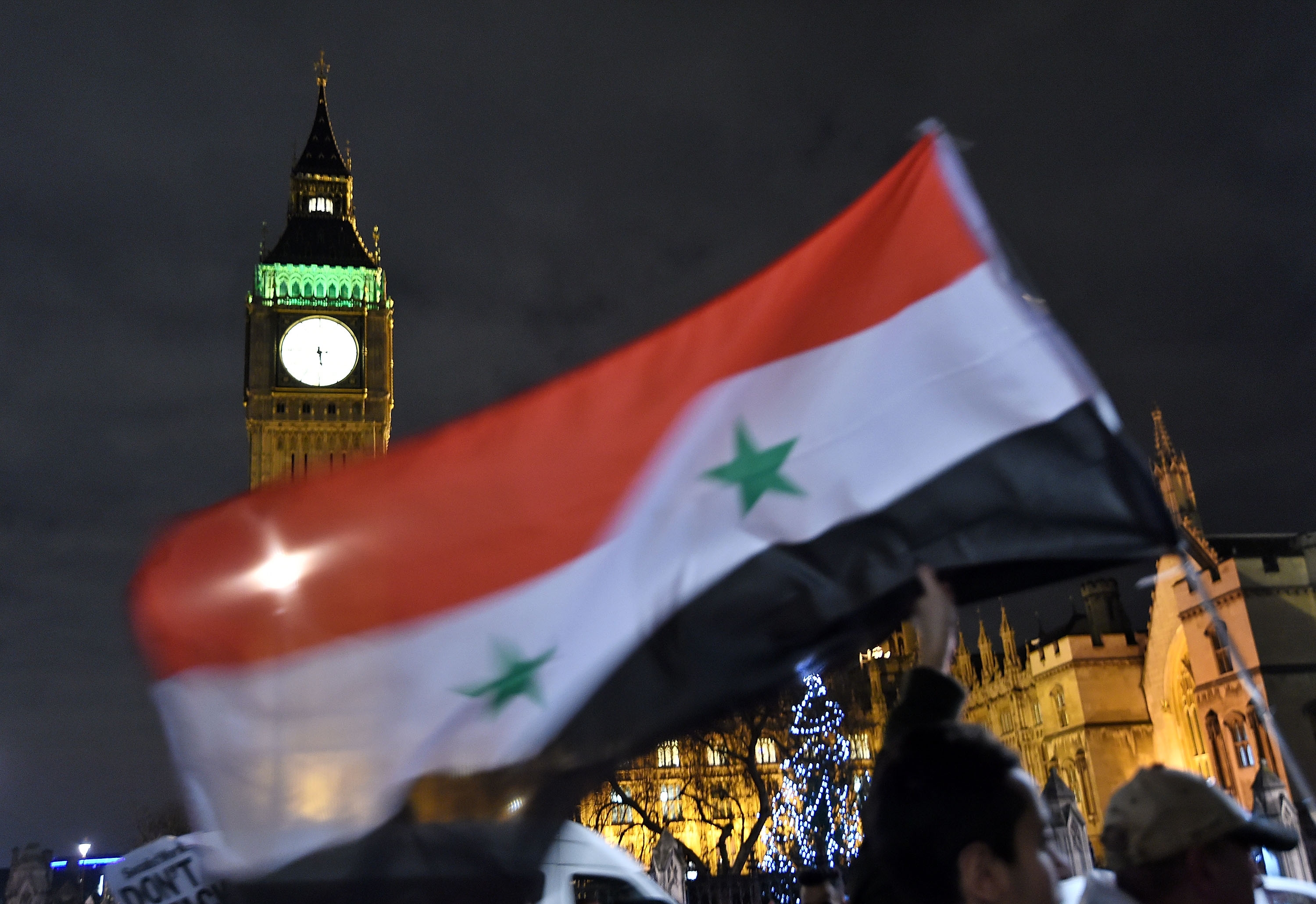There is a war in Syria already. Islamic State’s headquarters in Raqqa are already being bombed on a regular basis. These facts are all too frequently forgotten in our debate about whether to extend airstrikes against Islamic State to Syria. But that we would not be the first country to strike Raqqa is not a reason to sit on the side-lines.
To my mind, there are two particularly strong reasons for the UK joining the coalition attacking IS in Syria. The first is our obligations as an ally. Post the Paris attacks, the French President has made a direct plea for our help. Imagine how we would feel if Islamic State had attacked London and killed more than a hundred of us and the intelligence services declared that these attacks had been planned in Raqqa, but the French refused to join in precision strikes? We would, rightly, feel let down and that all the fine words about solidarity were just that.
The next reason we should play our role is because the existence of this so-called ‘caliphate’ is acting as a recruiting sergeant for Islamist extremism. The longer this caliphate stands, the more young minds—both in this country and abroad—will be poisoned by its propaganda.
This caliphate cannot be destroyed from the air alone, though. Intelligence sources estimate that Raqqa is being held by just 500 Islamic State fighters. But they have billeted themselves with the civilian population so that they cannot be targeted by airstrikes. Ultimately, highly trained military forces are going to have to go door-to-door in Raqqa to clear these people out. The biggest weakness in the government’s plan is that who these fighters will be remains unclear.
Opponents of strikes argue that without a credible ground force, air strikes won’t do much—as the last 18 months show. There is some truth to this. But it is also correct that there is no strategy for defeating Islamic State that doesn’t involve the use of air power. Bombing is necessary but not sufficient for victory.
The shadow of Iraq hangs over any British decision to intervene in the Middle East. But to think that it is permanently 2003 is just as much a mistake as imagining that it is always 1939. In this case, our duty to help our allies and our national interest in destroying this rallying point for extremists means that the use of British force is appropriate.








Comments